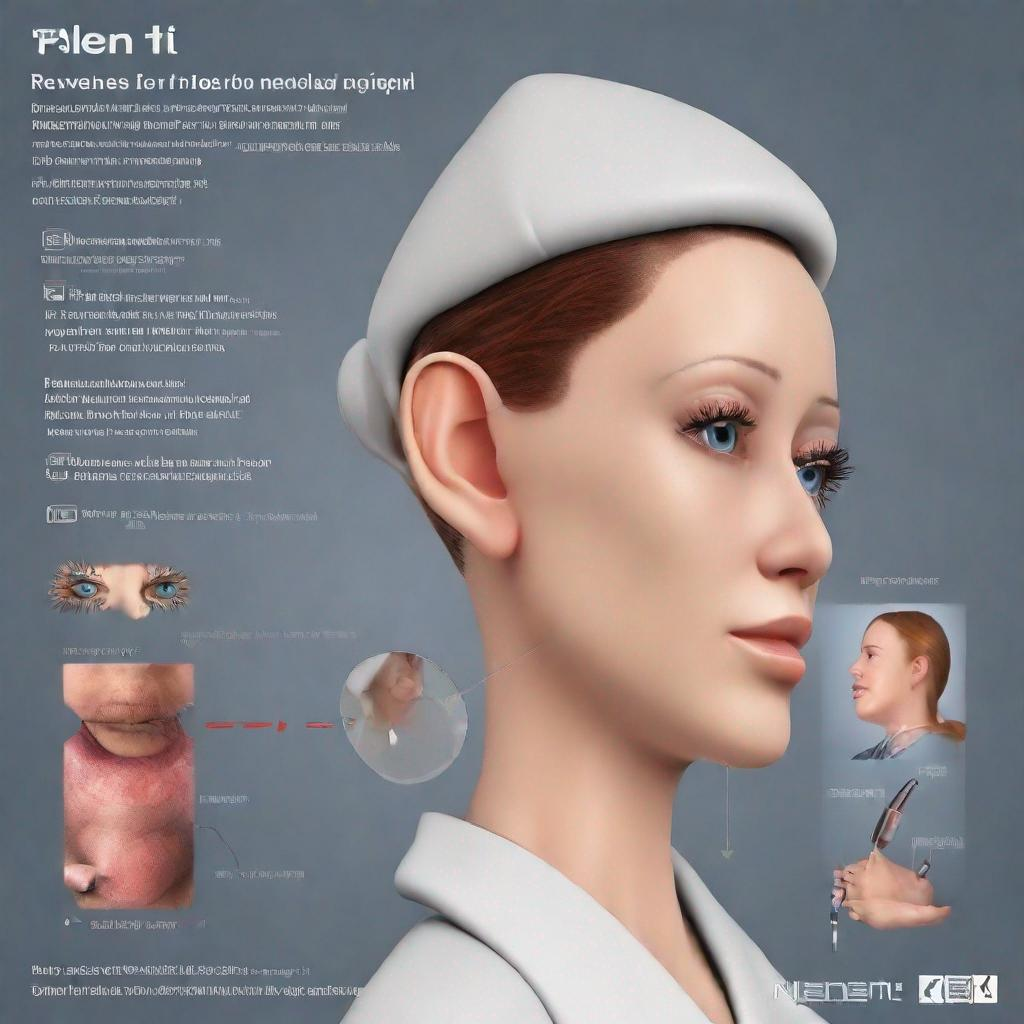## What is the Coenzyme Q10 Test?
**Introduction:**
Coenzyme Q10 (CoQ10) is a critical nutrient that plays a crucial role in cellular energy production. The Coenzyme Q10 test measures the levels of CoQ10 in your blood to assess its adequacy and identify potential health issues associated with its deficiency.
**Test Overview:**
The CoQ10 test is a blood test that evaluates the amount of CoQ10 in your bloodstream. It helps to determine if you have sufficient CoQ10 levels to meet your body’s energy needs and support optimal health.
**Conditions and Diseases Detected:**
The CoQ10 test can aid in diagnosing or monitoring various conditions and diseases, including:
* **Heart failure:** CoQ10 levels may be reduced in people with heart failure, a condition where the heart struggles to pump blood effectively.
* **Statin-induced myopathy:** Some cholesterol-lowering medications (statins) can cause muscle pain and weakness due to CoQ10 depletion.
* **Primary CoQ10 deficiency:** A rare genetic disorder where the body is unable to produce CoQ10.
* **Secondary CoQ10 deficiency:** A condition caused by factors such as aging, certain medications, or underlying diseases that reduce CoQ10 levels.
* **Mitochondrial disorders:** Disorders that affect the mitochondria, the energy-producing units of cells, can lead to CoQ10 deficiency.
**Preparation Guidelines:**
To ensure accurate test results, it is important to follow these preparation guidelines:
* Fast for 12 hours before the test.
* Inform your doctor about any medications or supplements you are taking, as they may affect the results.
* Let your doctor know if you have any allergies or bleeding disorders.
**Procedure:**
The CoQ10 test involves a simple blood draw from your arm. The procedure is typically quick and painless.
**Duration and Waiting Time:**
The test usually takes a few minutes to complete. The time frame for receiving results may vary depending on the laboratory.
**Additional Tests:**
In addition to the CoQ10 test, your doctor may recommend other tests to evaluate your overall health status, such as:
* Blood count to check for anemia or infection
* Thyroid function tests to check for thyroid disorders
* Vitamin D levels to assess vitamin D status
**Conclusion:**
The Coenzyme Q10 test is a valuable tool for assessing CoQ10 levels in your blood. It can help diagnose or monitor conditions related to CoQ10 deficiency, including heart failure, statin-induced myopathy, and mitochondrial disorders. If you are experiencing symptoms such as fatigue, muscle weakness, chest pain, or shortness of breath, talk to your healthcare provider about whether the CoQ10 test is right for you.




